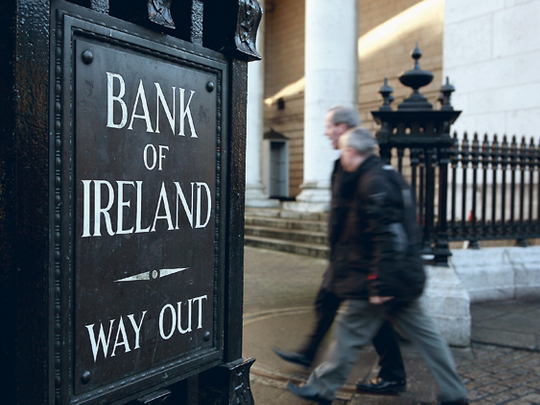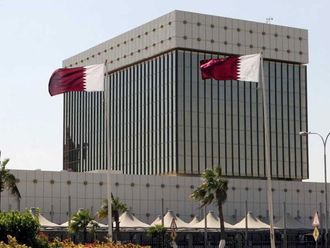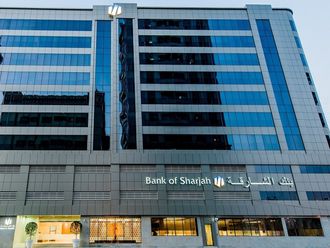
Dublin: Bank of Ireland is to raise capital privately, potentially becoming the only participant of Ireland's "bad bank" scheme to escape a fresh bailout, with loan losses set to fall as Ireland exits recession this year.
Shares in Bank of Ireland jumped more than 22 per cent after it said yesterday it was in talks with investment banks to raise capital to plug a hole left by property loan sales to the Irish bad bank, the National Asset Management Agency (NAMA).
Ireland's biggest bank by market value will privately raise about half of the 2.7 billion euros (Dh13.33 billion) of new capital it needs, while the government will convert some of its 3.5 billion euros of preference shares into ordinary equity, remaining a minority shareholder.
"Much of the uncertainty is now removed from the Bank of Ireland business case," Bloxham Stockbrokers said in a note.
"We expect Bank of Ireland to continue to benefit from the positives from yesterday [Tuesday]," referring to the government's bank re-capitalisation plans.
Fresh bailout
Bank of Ireland's outlook contrasts with other NAMA participants such as nationalised Anglo Irish Bank, which will need up to 18 billion euros of fresh state capital, almost as much as Dublin borrows in a year to fund its budget deficit.
Allied Irish Banks, the second biggest bank by market value, was given some time to try and sell assets before getting a fresh bailout, boosting its shares 2.8 per cent after heavy losses earlier in the week.
Bank of Ireland is selling the first tranche of its loans to NAMA at a discount of 35 per cent and said the discount on the whole 12 billion euro portfolio will be in line with its guidance at the start of the year.
It said in January it expected a discount, known as a haircut, of no more than 4.8 billion euros, or 30 per cent, on a total book it then expected to be 16 billion euros.
Yesterday it also reported an underlying loss of 1.47 billion euros for the nine months to the end of December, having shifted the end of its fiscal year to match the calendar year.
"Revenues remain under pressure, in particular due to higher funding costs, as we continue to extend the maturity profile of our wholesale funding," it said in a statement.
It confirmed its earlier forecast for impairment charges of 4.7 billion euros on its non-NAMA loans over the three years ending March 2011, with bad debt charges falling gradually in coming years.
Bank of Ireland shares rose 0.28 euro or 22.1 per cent to 1.57 euros by yesterday morning, after rising as high as 1.63 euros. The stock has bounced from a low of 0.12 euro set a year ago but languishes well below its peak of 18.83 euros in early 2007.












